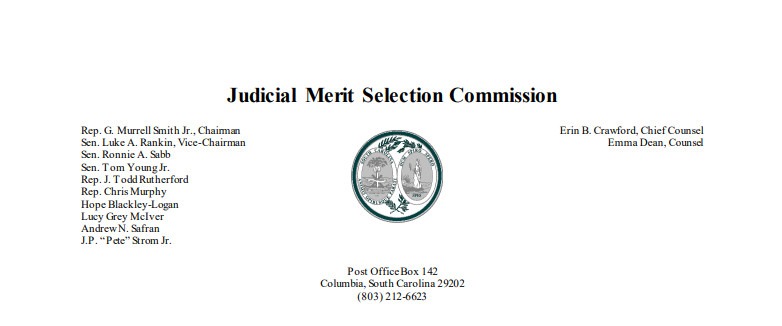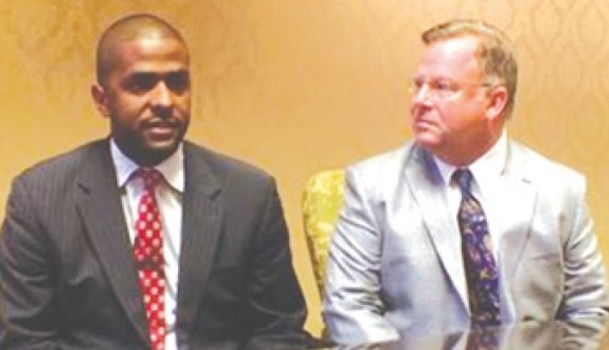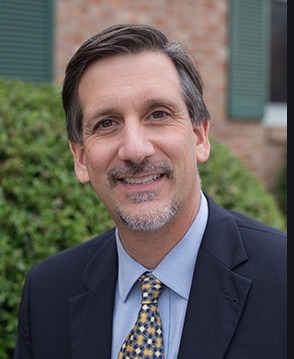“Judge Toal, perhaps mindful that such a large legal fee might raise eyebrows in the public, took pains to elaborate at length on why the lawyers were worth that much.“
On Monday, Santee Cooper and (former) SC Electric and Gas lawyers agreed to a $520 million settlement for payouts to lawyers and rate payers. The settlement practically ensures that the utility can not be sold.
The $520 million settlement keeps the embarrassing details of the failure out of public court records and pays $77 million to insider attorneys. Few, if any, will go to prison over the $9 billion fiasco.
The State News quoted Judge Jean Toal on Monday: “This settlement is fair and adequate and quite a win for the ratepayers in the plaintiff class,” Retired Supreme Court Justice Jean Toal said near the end of the nearly four-hour hearing at the Richland County courthouse on Monday.
The more than 20 lawyers at the hearing wore masks and were seated apart from each other. Among these, former lawyer legislators, who stand to gain tens of millions in legal fees for the very fiasco they created.
The State News also reported:
According to the lawsuit in the case, Santee Cooper chose to charge its ratepayers over the years for ongoing construction costs in the never-completed V.C. Summer nuclear project. As time passed, the lawsuit said, Santee Cooper became aware “that the nuclear project was not viable” and had “known for years that the project was mismanaged and failing.” Despite that knowledge, Santee Cooper kept passing on construction costs to ratepayers, the lawsuit said.
S.C. Senators, including lawyers Luke Rankin, (who heads the Senate’s Utility Oversight Committee), and Senator Vincent Sheheen, should have known early on about the plant’s failure. The two likely had full knowledge of the failure while fees continued being collected for years.
Said the State News: Nearly all of Santee Cooper’s 1.7 million residential, commercial, industrial and other customers will receive some kind of cash payment after about 90 days as part of the settlement, lawyers connected to the case said. If a customer’s refund is less than $25, they will receive a credit on their bill.
The average payout to commercial, industrial, and resident customers is approximately $250.00 per client.
However, one of Santee Cooper’s largest customers, Century Aluminum, will receive an approximate $7 million payment, lawyers said at the hearing. The company, which operates an aluminum smelter in Mt. Holly, uses huge amounts of electricity.
The very people who created the problem get paid
Former legislative lawyers who were part of the decision making in the fiasco will be well paid. Other, connected law firms will “cash in” as well.
Law firms receiving the largest shares of the $77 million payout in fees are:
▪ The Strom Law Firm of Columbia, which will get $14.4 million. Lawyers who worked on the case included Pete Strom, Bakari Sellers, Jessica Fickling and John Alphin.

Pete Strom serves with Horry County Senator Luke Rankin on the Judicial Merit Selection Commission (JMSC). [Luke Rankin also chairs the Senate Utility Oversight Committee.]
The JMSC picks every judge in the state, including now retired, former S.C. Supreme Court Justice Jean Toal. Toal was the judge on this $520 million settlement.


From Wikipedia: Bakari T. Sellers is an American attorney, political commentator, and politician. He represented South Carolina‘s 90th district in the lower house of the state legislature from 2006 to 2014.
This was the very era, in 2007, when the Base Load Review Act was being passed by the General Assembly. The Base Load Review Act was a 2007 law that allowed utilities to charge ratepayers for projects that were not complete. The failed V.C. Summer nuclear project was funded by authority from this law.

▪ Savage, Royall & Sheheen of Camden, which will get $10.2 million. State Sen. Vincent Sheheen is a member of this firm. Sheheen has been a SC State Senator since 2004.
That would be the same Sen. Vince Sheheen who supported the Base Load Review Act in 2007. Once again, the Base Load Review Act was a 2007 law that allowed utilities to charge ratepayers for projects that were not complete. The $9 billion failed V.C. Summer nuclear project was funded by Santee Cooper and SCANNA by authority from this law. The Charleston Post and Courier editorial states: Folks, that’s not just hypocrisy, it’s nuclear-powered hypocrisy, complete with fission, fusion and fraudulent intent to fool voters.
Of course, Sheheen’s vote on the matter wasn’t recorded, as the Senate passed the Act on a voice vote in order to avoid accountability. How convenient. But the record shows the voice vote was unanimous, with no objections.
▪ Richardson, Patrick, Westbrook & Brickman, which has offices around the state, will get around $11.3 million. Terry Richardson was a lead lawyer on the case.
In 2018, Julius “Jay” N. Richardson, son of Terry Richardson, was nominated to the U.S. Court of Appeals for the Fourth Circuit by President Donald Trump. The Richardson family are among the most connected lawyers in the nation.
▪ Speights and Solomons of Hampton County, which will get an estimated $14.6 million. Gibson Solomons was a lead attorney for the plaintiffs.
▪ McGown, Hood & Felder of Mt. Pleasant, which will get about $13 million. The firm’s Jay Ward is a lead lawyer on the case.
The State News also published: Of Monday’s $520 million settlement, lawyers representing the plaintiffs will get 15%, or approximately $77 million in legal fees. That $77 million will be split among 10 law firms, depending on how much work each did on the case.
Judge Toal, perhaps mindful that such a large legal fee might raise eyebrows in the public, took pains to elaborate at length on why the lawyers were worth that much.
First, she said, only a relatively few lawyers in South Carolina are qualified to bring and handle a case of such great complexity. The plaintiffs’ lawyers also took an enormous risk in bringing the case against equally qualified and determined lawyers representing Santee Cooper and Dominion, SCANA’s successor company, she said. Lawyers who brought the case were doing it on speculation, meaning they wouldn’t get paid unless they won.


